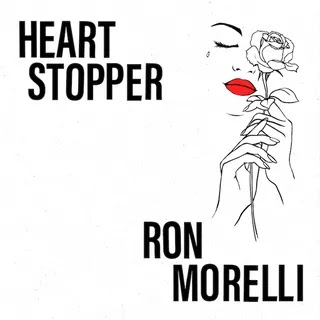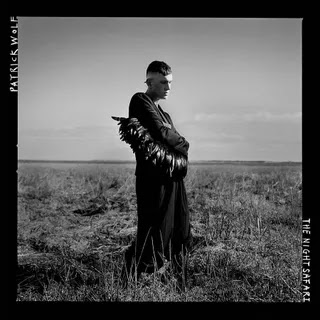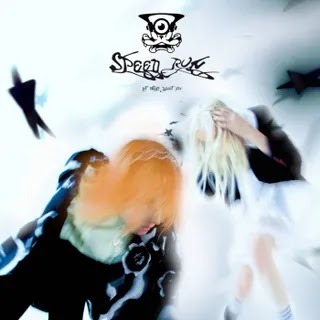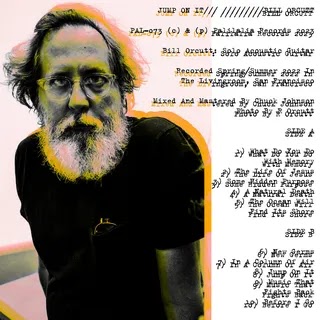The post-punk/proto-industrial group is now down to just founding member Richard H. Kirk, who fills the first Cabaret Voltaire album in 26 years with invitingly rough-hewn sounds.
Shadow of Fear, the first new Cabaret Voltaire album in 26 years, finds the UK post-punk/proto-industrial act reduced to just one person: founding member Richard H. Kirk. That has been the case since the project was resurrected in 2014 at Berlin’s Atonal Festival, two decades after the longest-running incarnation of the group (Kirk and fellow multi-instrumentalist Stephen Mallinder) parted ways.
Keeping Cabaret Voltaire as a solo act seems to be by design—an insistence on moving the project forward rather than trying to cash in on the past. Kirk apparently turned down a lucrative offer from Coachella to reform the group, and when he finally began to perform live as Cabaret Voltaire, he played nothing but new material. “I always make it really clear that if you think you’re going to come and hear the greatest hits,” he told FACT in 2017, “then don’t come because you’re not. What you might get is the same spirit.”
Shadow of Fear falls comfortably under Kirk’s rubric. The eight songs on the new record are all original compositions written and developed over the past six years, yet there’s no mistaking it for anything other than a Cabaret Voltaire album. While not as pulverizing as the group’s early recordings nor as sleek as the techno and house-inspired work found on 1993’s International Language, it blends the various eras of the group into a mostly satisfying whole.
Much of the album’s throwback sound is due to simple technology choices. Kirk’s recent Cabaret Voltaire performances didn’t make use of laptops, but rather stuck to his array of older synths and drum machines. According to the press notes for Shadow, when he tried to upgrade his setup for the recording, his computer melted down.
Working with older gear lends an invitingly rough-hewn quality to much of the album. The heaving melodic groans and guitar flickers on “The Power (Of Their Knowledge)” are underpinned by a tinny preset beat from a cheap keyboard, and “Microscopic Flesh Fragment” slowly builds from an off-kilter, never resolving drum sample into a dark, soupy dub-inspired tangle. Kirk also makes a direct connection to Cabaret Voltaire’s past on “Papa Nine Zero Delta United” via a wonky drum machine rhythm that is almost a mirror of the one he, Mallinder, and original member Chris Watson used on their 1979 single “Nag Nag Nag.”
At the same time, Shadow of Fear belies its creator’s intentions to keep Cabaret Voltaire, as he said in that FACT interview, “breaking new ground and moving forward.” For someone who has clearly kept up with the evolution of electronic music, as proven by his own club-ready releases or the remixes he’s done for Factory Floor and Powell, Kirk doesn’t apply the same contemporary approach to this material. The most current-sounding track on the album, “Universal Energy,” is a squirrely excursion into Chicago-style acid house.
The album’s title seems to nod to the gloomy anxiety that seems to be following our every move these days. Cabaret Voltaire, past or present, is the ideal soundtrack to an era of doomscrolling and persistent creeping dread. The group once presaged a dystopian future in tense early tracks like “No Escape” and “Spread The Virus.” That time has come and Kirk is once again a prescient musical messenger. In the hiccupping, strangely groovy final track “What’s Goin’ On,” a sampled voice asks the song’s title, sounding harried and fearful. The answer, according to another sample on the track: “Take a look.”








%20Music%20Album%20Reviews.webp)







0 comments:
Post a Comment